Original spun plaster, unique piece
Russia, circa 1925
Dimensions Height = 27 cm Width = 33 cm Depth = 23 cm
Good conditions, cleaned by professional
Anton Mikhailovich LAVINSKY (1893-1968) Sculptor, architect, designer and graphic artist
Born into a family of customs officers of the sea protection, he graduated from the architecture branch of the Baku Technical College (1913). In 1913, he moved to Saint Petersburg. As a student, he attended classes at Л. В. Шервуда at the Department of Sculpture of the Higher School of Art and Painting, and Sculpture and Architecture of the Imperial Academy of Arts. He did his military service from 1915 to 1917. He studied at the State Free Art Workshops and at the School of Contemporary Art (1918). He participated in the implementation of the plan of monumental propaganda, within the framework of which the monument to the Red Village was executed. In 1919 he created the project of the Monument to the October Revolution (co-authored with В. А. Синайским). In 1919 he was sent to Saratov to teach at free art workshops. Member of the "Society of Art Nouveau Artists". In 1920 he moved to Moscow, where he worked on "Windows of satire GROWTH". He became one of the first masters of poster mosaic. He created many movie posters, advertisements and book covers. He is the author of the very famous poster for the film "Battleship Potemkin". After the 1917 Revolution, a new artistic era was declared in Russia: "constructivism", an aesthetic using industrial techniques and the geometrization of space. Many "futurist" artists rushed into the breach; the Fine Arts education system was turned upside down. Anton Lavinsky was one of the first reformers. Lavinsky was probably ill-adapted to the times: an idealist, he abandoned sculpture, started working with wood, made theater sets and posters, then returned to architecture, his original profession. But as soon as a handful of students refused to study with this "stool maker", he lost all interest in the discipline and created only newspaper kiosks, platforms for fashion shows... However, his sculptures reveal an authentic, private, assertive character. Created in an intimate setting, Lavinsky's sculptures represent women and couples: the only preserved domain in a world of the 1920s that was already very Orwellian. It would not remain so for long: the new ideal of the free couple, promoted in the Soviet Union, would be pushed to its paroxysm in the story between Lavinsky and Mayakovsky, with whom he worked as an illustrator and decorator. At the time, Mayakovsky lived with Ossip and Lilia Brik: the latter could not have children, so it was Lavinsky's wife who gave birth to Mayakovsky's son... Was this enough to push Lavinsky to destroy, a few years later, sculptures that had become incongruous? After a trip to Cologne in 1928 to direct, with El Lissitsky, the creation of the Soviet pavilion for a major exhibition on the press, Lavinsky never left the USSR again. He survived the end of Cubism, the Futurist magazines and workshops, and then Mayakovsky's suicide in 1930. Living off state commissions, he remained in Moscow until his death in 1968. All his archives were thrown away and are unfortunately lost. His work is, however, represented in several public collections, such as that of the National Library of Russia.






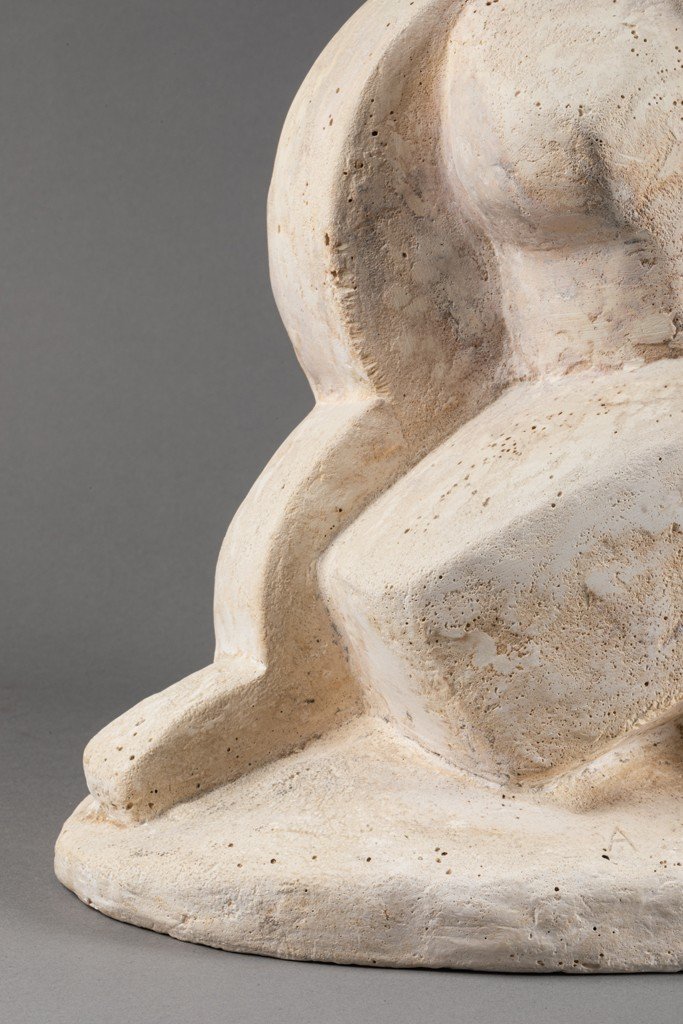










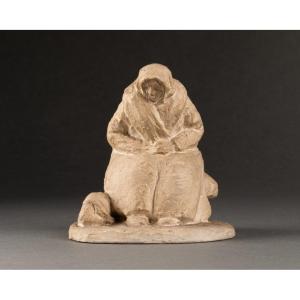

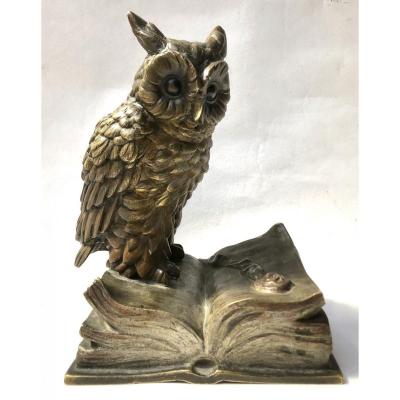






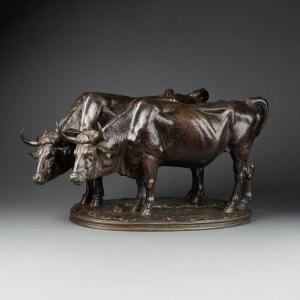
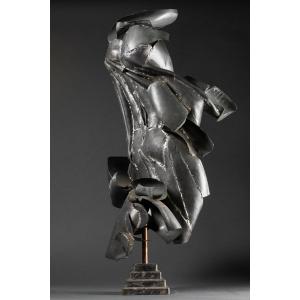




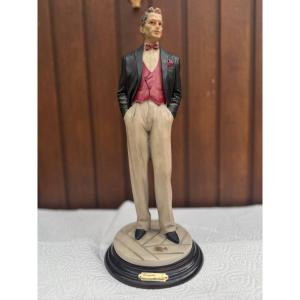
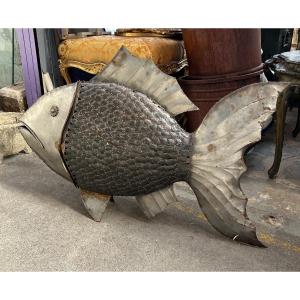
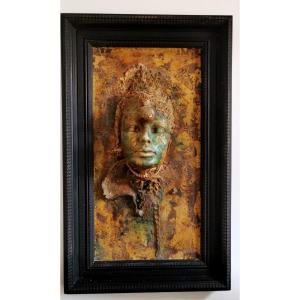





 Le Magazine de PROANTIC
Le Magazine de PROANTIC TRÉSORS Magazine
TRÉSORS Magazine Rivista Artiquariato
Rivista Artiquariato